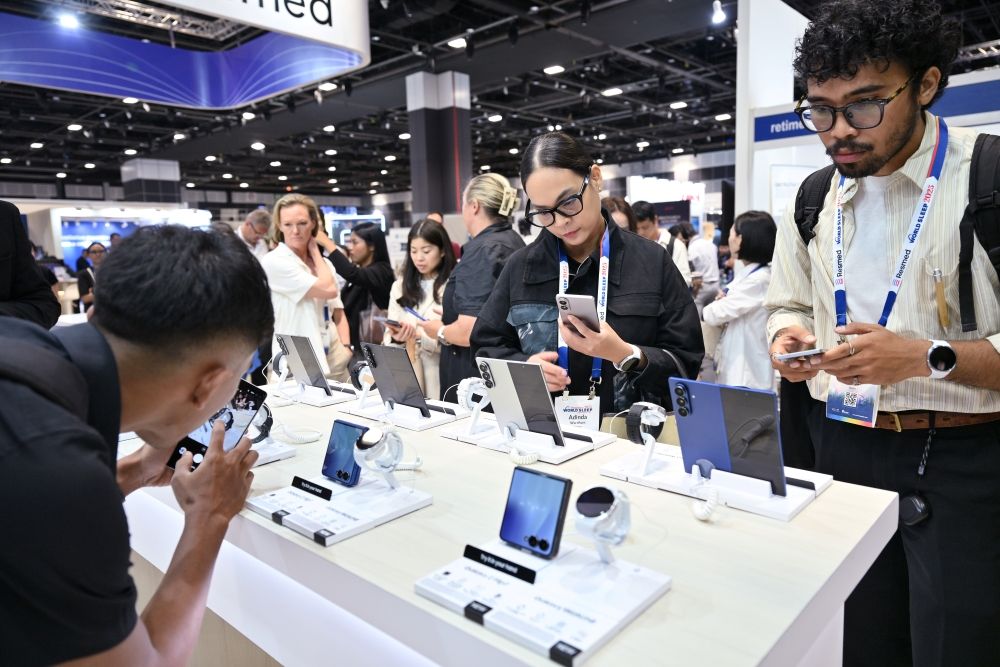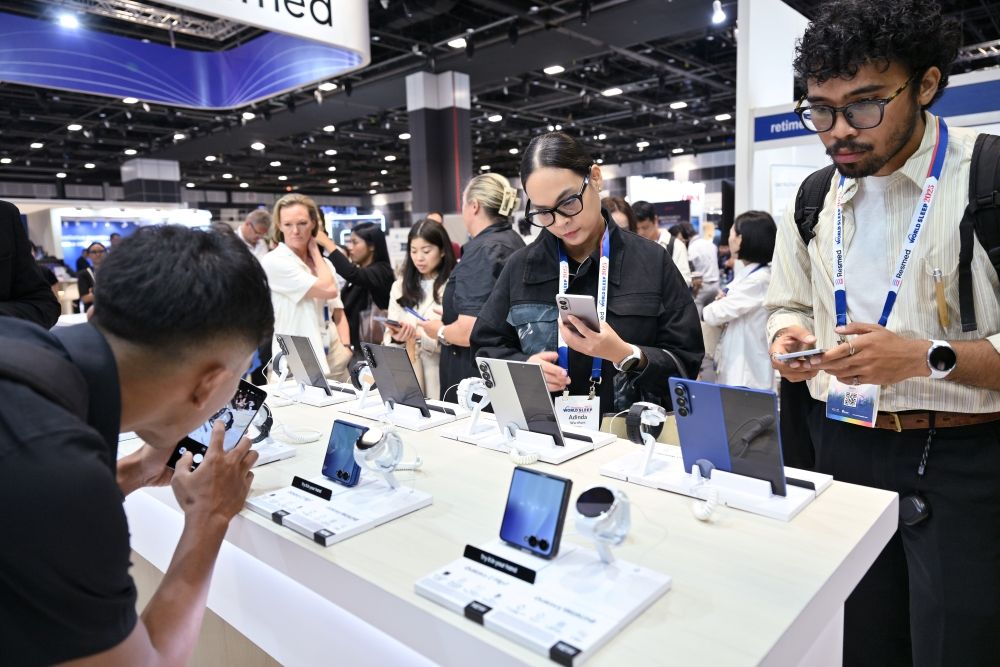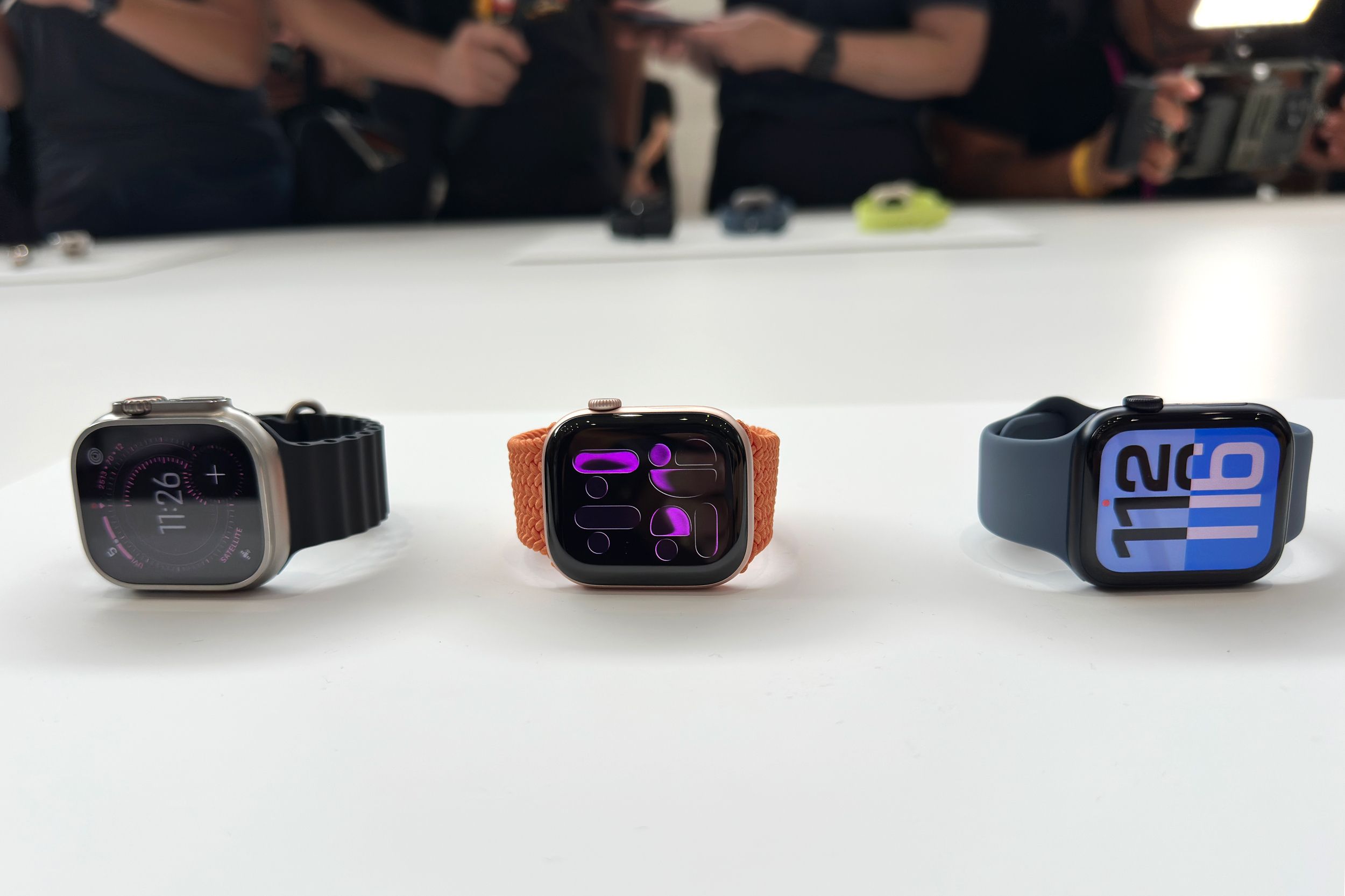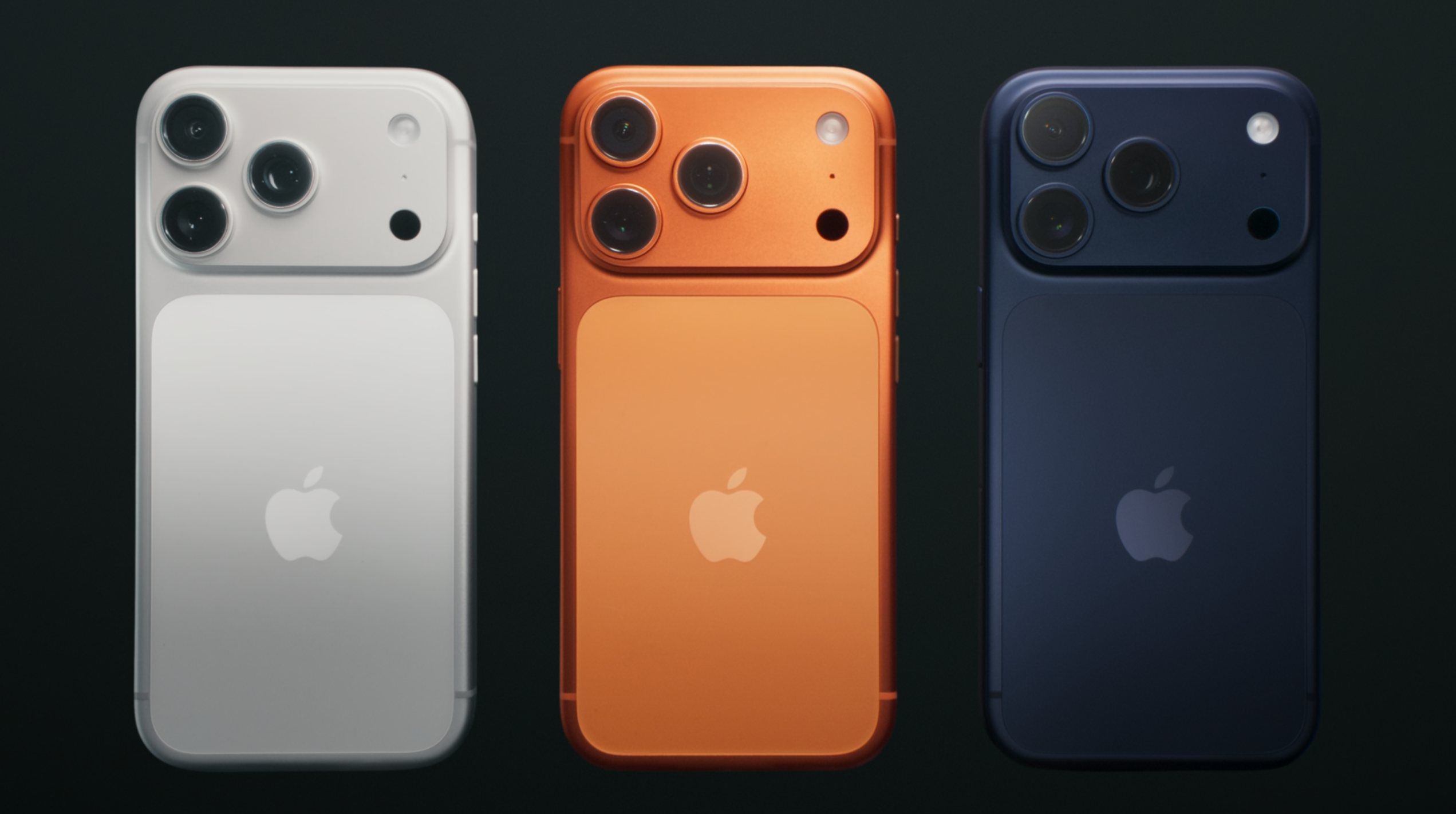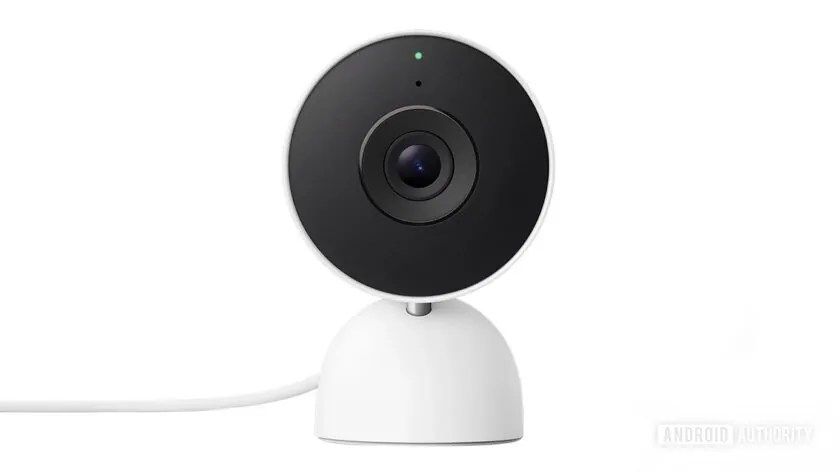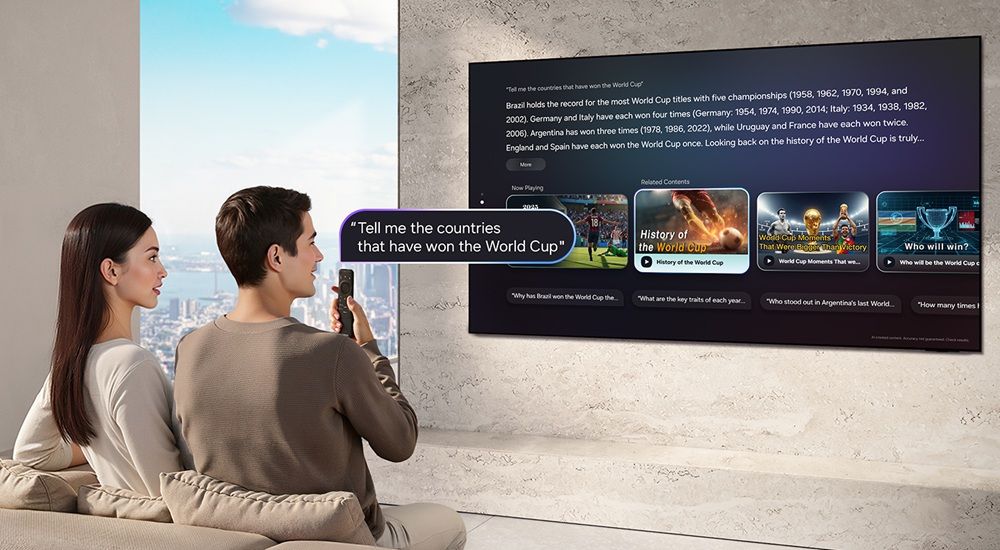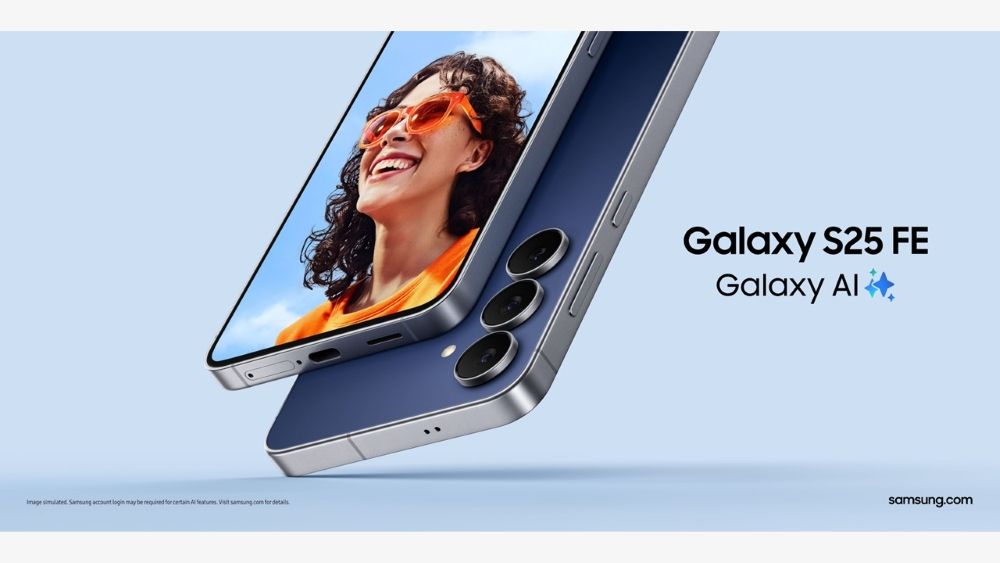Google just dropped two major Gmail features that could reshape how we handle online shopping. The tech giant is rolling out a centralized purchase tracking hub and AI-powered promotional email sorting, timing the launch perfectly for the approaching holiday shopping season. For Gmail's 1.8 billion users, this means no more hunting through emails to find package updates.
Google is making a bold play for control of your shopping inbox. The company just announced two significant Gmail updates that transform how users track purchases and discover deals, rolling out globally starting today.
The centerpiece is a new dedicated purchases view that aggregates all delivery-related emails into a single, organized interface. "This will give you a bird's eye view of all your upcoming package deliveries in one simple, organized list," Gmail Director Chris Doan explained in today's announcement. The feature builds on Gmail's existing package tracking capabilities while creating an entirely new hub for purchase management.
The timing isn't coincidental. With holiday shopping season approaching and e-commerce continuing its relentless growth, Google is positioning Gmail as the central command center for online purchases. The move puts direct pressure on Amazon, which has dominated package tracking through its own ecosystem, and signals Google's intent to capture more shopping-related data.
But Google isn't stopping at tracking. The company is simultaneously overhauling Gmail's Promotions tab with AI-powered sorting that prioritizes emails from brands users actually engage with. The "most relevant" algorithm will surface deals and offers based on user behavior, while new "nudges" highlight time-sensitive promotions to prevent missed opportunities.
"We'll also incorporate helpful nudges that will highlight upcoming deals and timely offers so you don't miss out," Doan noted, though Google hasn't detailed exactly how these nudges will appear or what triggers them.
The promotional email changes represent a significant shift in how Gmail handles marketing messages. Instead of chronological sorting, the AI system will analyze engagement patterns to determine which brands and deals deserve top billing. It's a move that could dramatically impact email marketing effectiveness, potentially rewarding brands with higher engagement while burying less relevant messages.
Google is being careful to frame these as user empowerment features rather than advertising plays. Users maintain control with options to revert to chronological sorting if they prefer the traditional approach. But the default "most relevant" setting suggests Google believes most users will embrace algorithmic curation.

